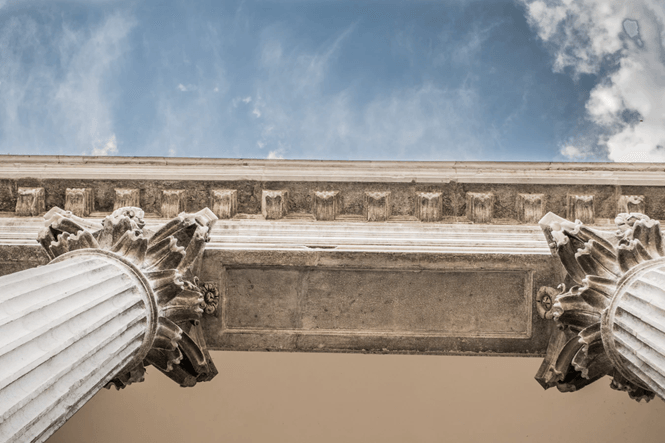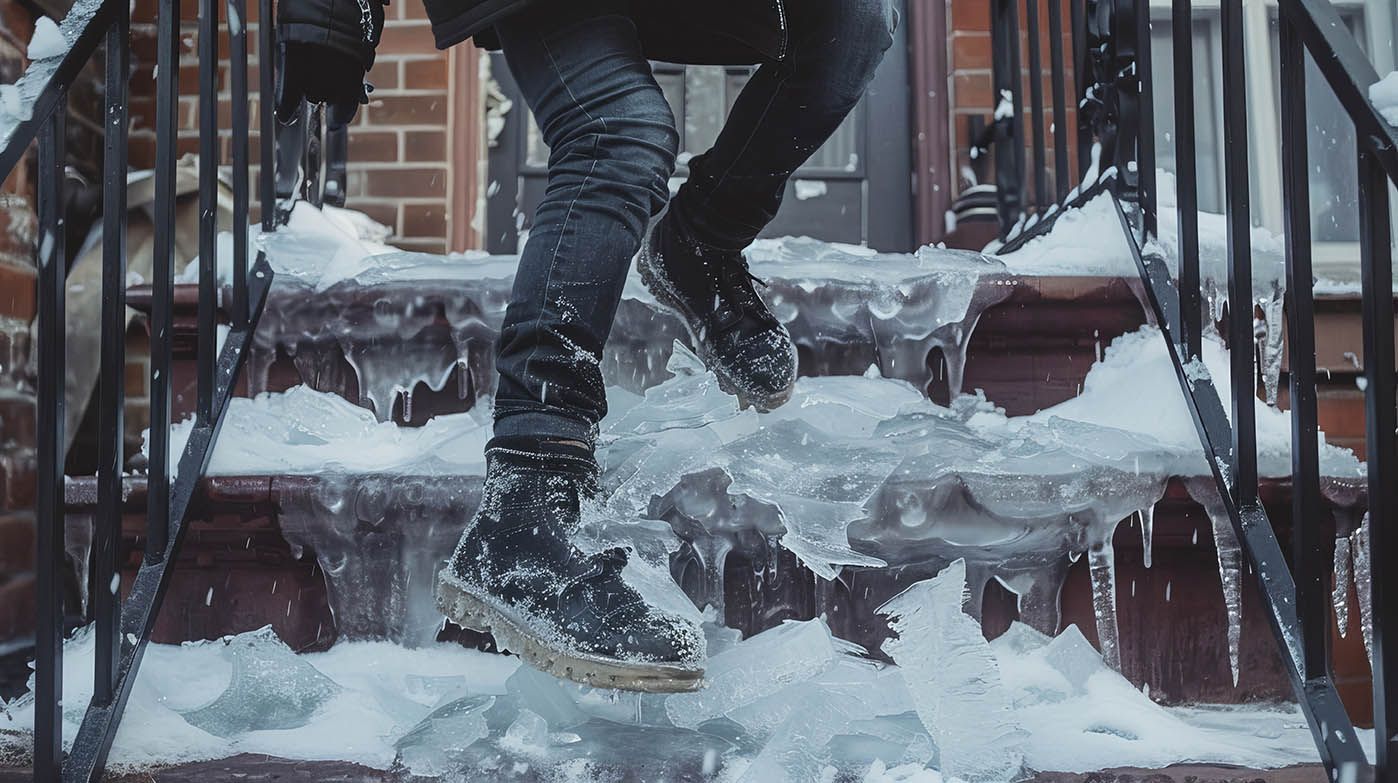BLOG
Pros and Cons of Plea Bargains

A plea bargain is a legal method of avoiding a lengthy criminal trial. When a plea bargain is being conducted, the prosecution and defense work together and the defendant’s case isn’t litigated before a jury. There are several reasons why cases go to plea bargains rather than trial, and plea bargains have pros and cons.
When determining if a plea bargain is right for your situation, our criminal lawyer at Fitch & Stahle Law Office will carefully weigh a variety of different factors. Here is an overview of the pros and cons of plea bargains.
Pros
A plea bargain that is negotiated successfully will:
- Avoid publicity: A criminal trial can have the unwanted side effect of notifying others in the community. Your trial will be a matter of public record, and criminal trials can bring shame to family members. If you choose a plea bargain, your background may be probed and investigated less by prosecutors as a result.
- Clear up any ambiguity in your case : Some defendants do not want to face the added pressure of going to a trial, whether they are faced with burglary charges or a different criminal charge.
- Possibly results in fewer or less serious offenses on your record : When you negotiate a plea bargain, the possibility of receiving a maximum sentence is greatly reduced. Also, the reduction of a felony to a misdemeanor can greatly help your prospects in terms of employment.
Cons
On the other hand, plea bargains also come with negative aspects as well:
- Defendants are sometimes pressured into waiving their constitutional rights to a trial. In some cases, the defendant can risk going to prison for a crime that he or she did not commit.
- You might be tempted to negotiate a plea bargain because you believe it costs too much to mount a defense of your innocence
- The prosecutor’s case may be weak, which is the factor that prompts them to extend the plea bargain
- The defendant gives up the right to a potentially vindicating not guilty verdict
- Plea bargains can lead to poor case preparation or investigation by the prosecution
Overall, many people who oppose plea bargains do so because it harms the criminal justice system by skipping the trial process entirely.
What Does a Plea Bargain Mean for Your Record?
In most cases, accepting a plea bargain involves getting a lesser charge on a defendant’s criminal record and receiving a more lenient penalty. If this involves getting charged with a misdemeanor rather than a felony, the consequences could be life-changing. Convicted felons lose many rights and often face discrimination in the job market and other areas.
Sioux City Criminal Lawyer
Licensed to practice criminal law in both Iowa and Nebraska, Fitch & Stahle have decades of experience. When you work with us, we will together determine what is the best course of action for your situation.
To learn more about plea bargains, contact us today at 402-494-3012. We look forward to assisting you.


